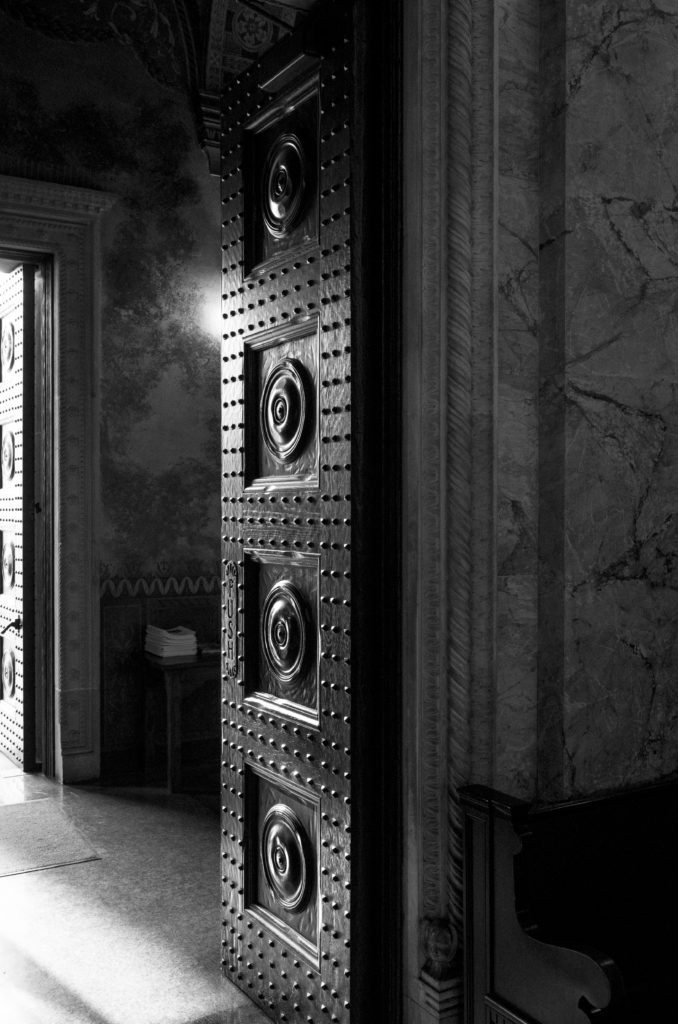Noticing the Shepard

At times we are surprised by how others can shed light and illuminate the dark corners of our lives. A recent homily by a visiting priest at St. Andrews, Pasadena noted, “the shepherd shows up in unexpected places”.
As we often look to God to provide guidance in some direct way, we sometimes close ourselves off to the messengers He sends in our everyday world. Our ears perk up at times of worship, solitude or reflection, but often the message comes in the everyday conversations if only we were listening more carefully.
My own spirituality, such as it is, was called into question on a recent conversation with my daughter Terri; a woman with a great desire to nurture the world, someone who really feels the pain of others. She also tries to do something about it, in both practical and prayerful ways. Generous would be an understatement in describing her actions in the world.
Our telephone conversation was focused on my recent move to California and specifically an almost four-hour visit to the DMV to obtain a state driving license. It’s been a while, 25 years since going through the process of changing a state license so the various levels of identification now required surprised me. Proof of domicile, proof of income, current driving license, pay stubs and four separate fingerprint recordings (thumbprint to be exact) ensured a lot of security in the process. I also noted, while preparing for the visit, there was a separate process for undocumented residents of California. It was here my daughter called me out, ever so gently.
In our conversation, I mentioned the words “illegal residents” for this process of obtaining a license for an undocumented resident in the state. She said to me “don’t use the word illegal dad”.
Suddenly, I realized that almost ten years of graduate studies in theology and pastoral formation had not stopped me using judgmental words when talking about my fellow man. It stuck like a sword in my heart and has caused me to write this reflection on the topic. We don’t call legal residents, “legals”, we call them citizens or permanent residents. Titles which bear some respect for their humanity. I recalled my own path to citizenship, which took a full seven years, two years for my green card, and other five then to obtain citizenship. I also had the support of two senators at the time, as my employer was keen to ensure my tenure in the USA; something of which I am eternally grateful. In retrospect, I was being prideful of my own journey, and dismissive of others; many still struggling on their own.
Thousands of Americans have shed their blood so we may all enjoy the freedom we do today. They have done so willingly, and while it may not compare to the sacrifice of Our Lord Jesus Christ, it is nonetheless the greatest act we can offer for another. This selflessness was one of the characteristics which made me want to become an American and something I am so grateful for today, almost 30 years after becoming a US citizen.
So, when I recall myself talking about another human in terms of their status in the world, with the word “illegal” in front of it, it makes me pause for the help received from those who facilitated our move here. And the need for me to treat everyone, regardless of their status in the world, with the same love as Jesus asks of us.
John 13:34-35
34 “I give you a new commandment: love one another. As I have loved you, so you also should love one another. 35 This is how all will know that you are my disciples, if you have love for one another.”
Reflection and Photograph by Michael J. Cunningham O.F.S.
